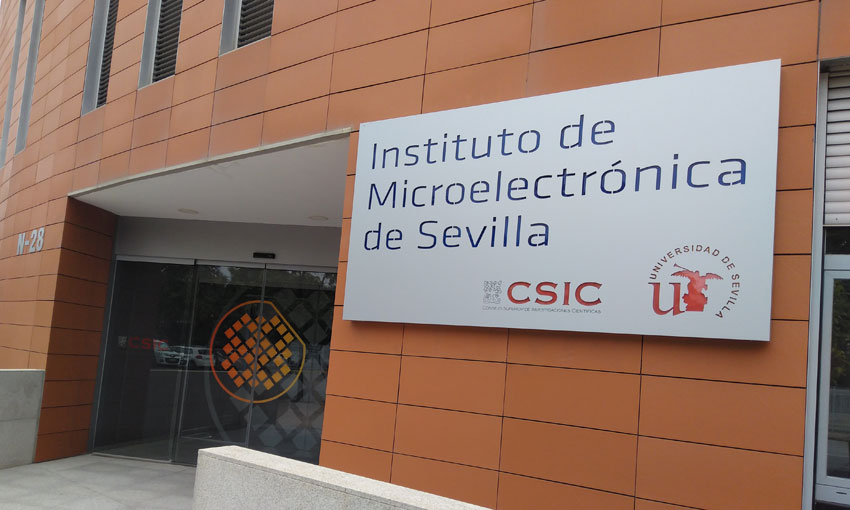

The Institute of Microelectronics of Seville (IMSE-CNM) will lead the CSIC's participation in the project entitled "Securing Tomorrow's Digital Infrastructure with Quantum-Resistant Cryptography," under the acronym Q-FENCE.

The Institute of Microelectronics of Seville (IMSE-CNM) will lead the CSIC's participation in the project entitled "Securing Tomorrow's Digital Infrastructure with Quantum-Resistant Cryptography," under the acronym Q-FENCE. The proposal has been selected by the European Commission (EC) in the HORIZON-CL3-2024-CS-01 call and is currently in the "Grant Agreement" preparation phase, under negotiation with the EC and the other partners that make up the consortium.
The main objective of the project is to enhance the security of digital infrastructure through quantum-resistant cryptography. In response to the threats posed by future quantum computers, Q-FENCE will develop a robust hybrid solution that integrates classical, quantum, and post-quantum cryptographic techniques. This innovative initiative proposes a dual-layer security model that strengthens data protection across various infrastructures. Through specific demonstrators for sectors such as finance, healthcare, IoT, and telecommunications, Q-FENCE will bridge the gap between theoretical advancements and real-world applications, promoting digital sovereignty and resilience.
The CSIC team will lead the hardware design of cryptographic primitives, providing solutions for Q-FENCE that are energy-efficient, ensuring their integration into current systems that support digital infrastructure, thus guaranteeing interoperability and scalability, as highlighted by Piedad Brox, the lead researcher at CSIC for Q-FENCE.
In addition to CSIC, the project consortium is composed of 14 other institutions, led by the South East Technological University of Ireland, with key academic entities (Politecnico Di Torino, Université du Luxembourg, University College Cork, Universitatea Din Bucuresti), research organizations (Fraunhofer Gesellschaft Zur Förderung Der Angewandten Forschung EV, Instytut Informatyki Teoretycznej i Stosowanej Polskiej Akademii Nauk), companies (Logiicdev GmbH, Toshiba Europe, Red Hat, Martel GmbH, Telespazio SpA), as well as the IoT Lab Association and Mandat International, also known as Fondation pour la Coopération Internationale. The project will receive a total funding of €5.3 million, of which €517,500 will be allocated to CSIC, and it will span a total duration of 36 months, starting in the second half of 2025.
Instituto de Microelectrónica de Sevilla
May 19, 2025